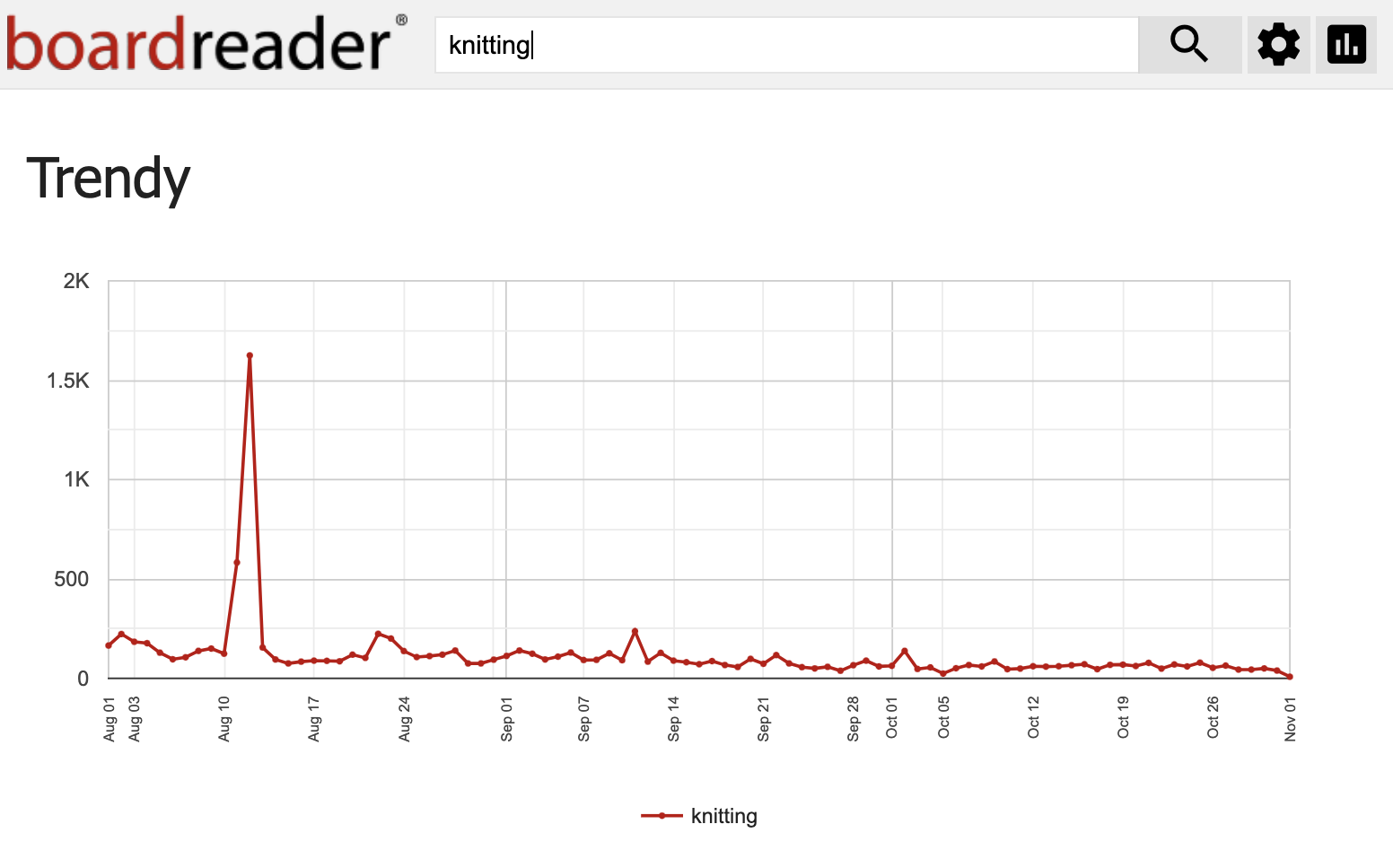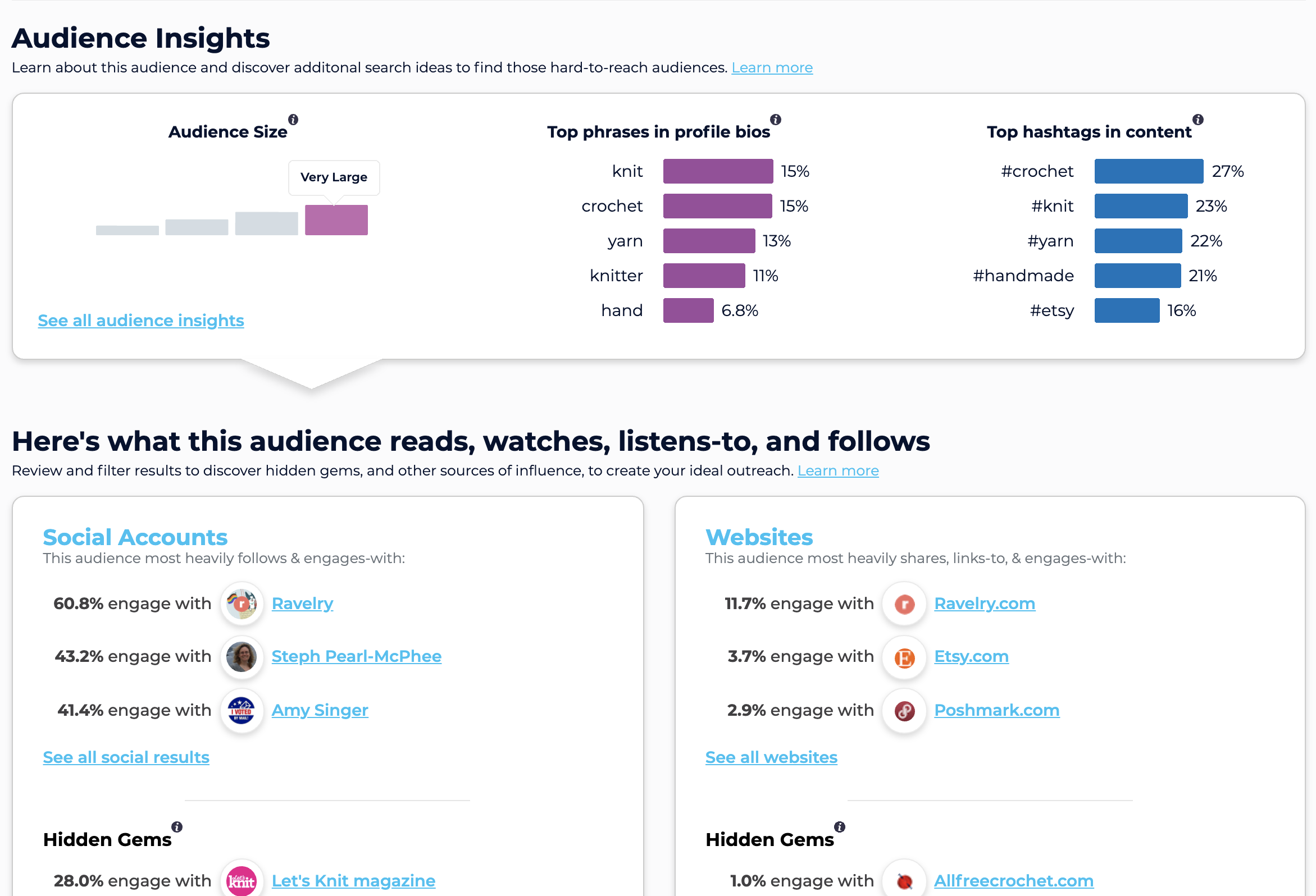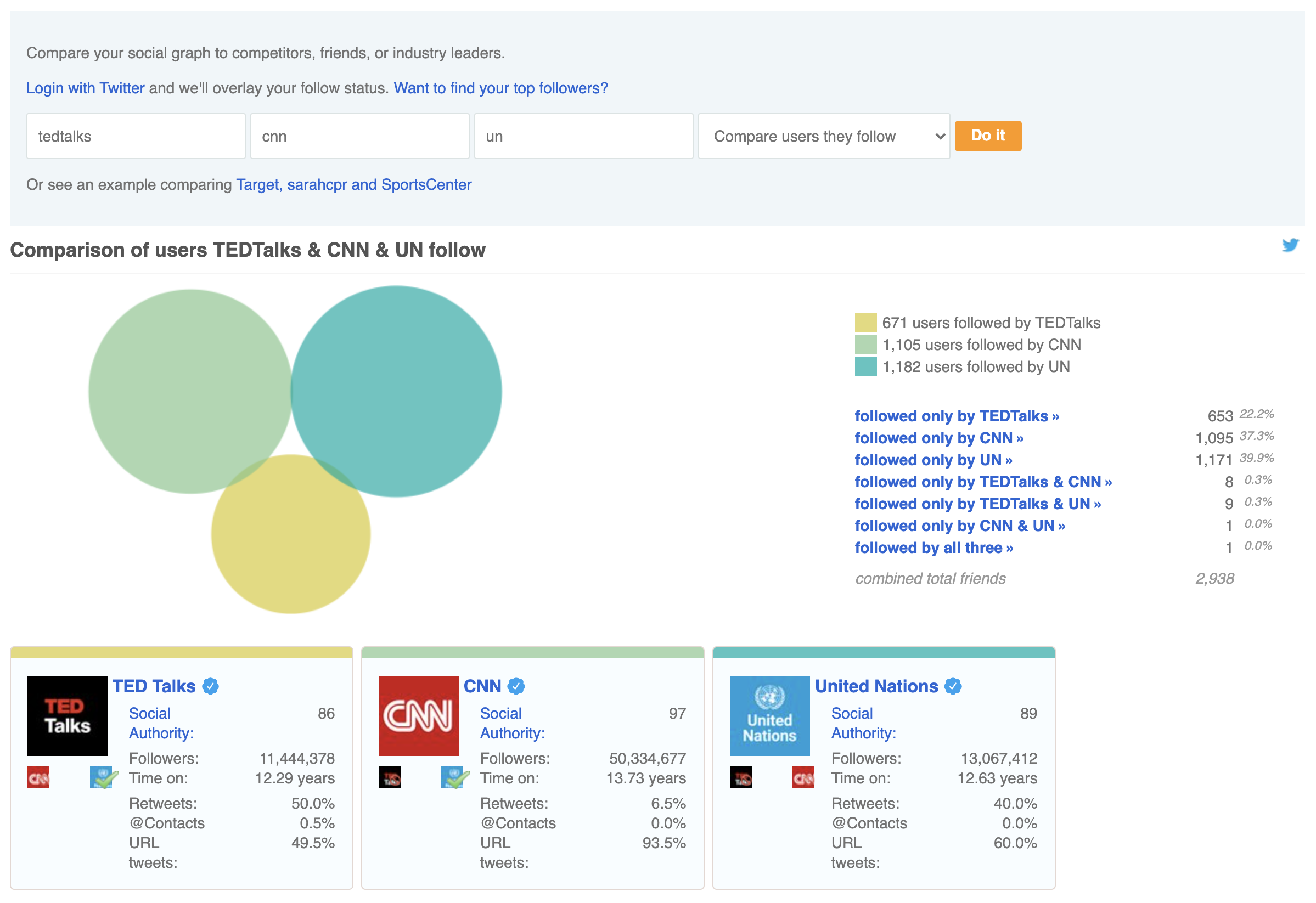What types of content will be most valuable to your members?
Online communities have their roots deep in forums and listservs (email lists, for you younglings).
And forums are still one of the most efficient tools for conversations across time zones. Witness Reddit, a monster sized forum community, that is currently the 6th most visited site on the Internet.
However, community builders now have a wider toolkit at their disposal. Most modern community platforms include other spaces, like live text chat, or blogging/articles, or file sharing within a single hub.
This opens up the possibilities for you as the community builder.
You can consider not only the topics or subjects you’ll cover in the community site, but also what format they’ll take.
Let’s talk about refining your niche, in terms of original content.
It’s not a hard requirement that you be interested in, or passionate about, your community’s niche, but it will make your life a whole lot more enjoyable!
The first step on the road is to examine your hobbies, specialties, expertise.
- If someone airdropped you into a library, which section would you end up in?
- When you mess around on the Internet, which sites draw you in every time? (What’s your “rabbit hole”?)
- What’s your favorite show or YouTube channel?
- What types of information does the Pinterest algorithm serve you in your feed? This is another indicator of interests you click on frequently. (No judgment if it’s snarky quotes about wine.)
- Do you have a professional credential or expertise that you know backwards and forwards?
- Have you always wanted to write a book about something?
These are just questions to get your creative flow going.
Ideally, your key interest is a jumping off point to answer the next few questions. (Coincidentally, this is somewhat similar to the process an entrepreneur or startup founder might go through when vetting a business concept.)
Look for a subject space that’s fairly broad (you don’t want your community to be a flash in the pan), and one that’s gaining attention rather than waning.
Do some research on topics that are on the upswing. Also, congrats if you find a trending topic that also happens to interest you!
Here are some resources for researching what’s trending:
Google Trends is a valuable tool, since it allows you to compare keywords against each other over time, and download the data so you can create a nerdy spreadsheet if you like.
Here’s what the trendline for the keyword “knitting” look like for the past five years. It’s fairly steady, with clear seasonal peaks.
I wouldn’t call knitting “trendy,” but looks like it’s not going away any time soon.

Exploding Topics is a secret weapon right now.
Their team culls the Internet for niches, apps, and keywords that are on the brink of virality and shares them on their website and in their free newsletter.
Best of all, when you dig into a key topic, it offers related topics (hmmmm….could those be relevant forum names for your community?).

Most popular Subreddits. Go to Reddit and use their menu to find the most popular subreddits. This may inspire you with some ideas for your niche!
More sources of online community niche ideas:
- NY Times bestsellers list
- Explore books on Amazon, and find related books (“other people looked at”)
- Browse trending hashtags on Twitter
- Analyze popular Meetup subjects
- Browse LinkedIn groups
Once you have a few key ideas for your primary community content, Google “your topic + community” or “your topic + forum”.
Look at the results (if there are any) and see if there might be room for you to swoop in with your amazing community concept. Talk it over with your founding members and get some help brainstorming if necessary.
Another great resource to spot active communities is BoardReader. Type any subject into the search box, and it will find forum posts across a huge array of communities. Some of them might be old forums ready for an update.
Boardreader also gives some trend analysis.

If your community is intended to support your business and its customers, this should be pretty easy. Your community value proposition is pretty much tied to your business value proposition, and you should already have a good bead on what types of content would bring value to your customers.
If you need inspiration for a customer community, take a deep look at the typical questions people ask via social media, support tickets, or the livechat box on your website. Some key themes should emerge pretty readily. Those might become your major subject areas for community content and discussions.
Remember, you don’t have to just talk about yourself and your company (even in a company-sponsored community). In fact, the more you make it about the members and not you, the more successful your community will be.
Step back from your specific product, and create a hub of information that would be useful to someone who uses your product.
If you need some direction here, try using a new tool called SparkToro. As of this writing, it offers 10 free searches per month, and it’s another secret weapon for your tool kit.
SparkToro allows you to find websites, podcasts, and topics that are interesting to whatever audience you define.
Here’s an example search of “my audience frequently talks about knitting”. Mind-blowingly useful info, right?

Now you know that there is a pretty massive audience, you know key topics, and OOPS, you now know that there is a gigantic community for knitters called Ravelry.com.
You have to either move on to a different topic, or come up with a good enough value-add to attract some people away from the established leader.
One more great research tool for “what’s my audience interested in” is Twitter bio field searches. Use a site like FollowerWonk to type in a keyword and see what types of bio fields emerge.
With a paid plan, FollowerWonk will work more magic for you, allowing you to view and download the follower data for any Twitter account. For example, for your Knitting community concept, you might want to take a look at the most influential followers of the Ravelry account.
Here’s an example comparison search from the FollowerWonk website:

Now you know how to figure out what types of content would be valuable for your community. If you get it right, your community members will return again and again, and your site will become a valuable hub of information and activity.

- What types of content will be most valuable to your members?
- How to curate content for your community.
- Recruit help to share great content in your community.
- Keep tabs on what works (and what doesn’t) for your members.